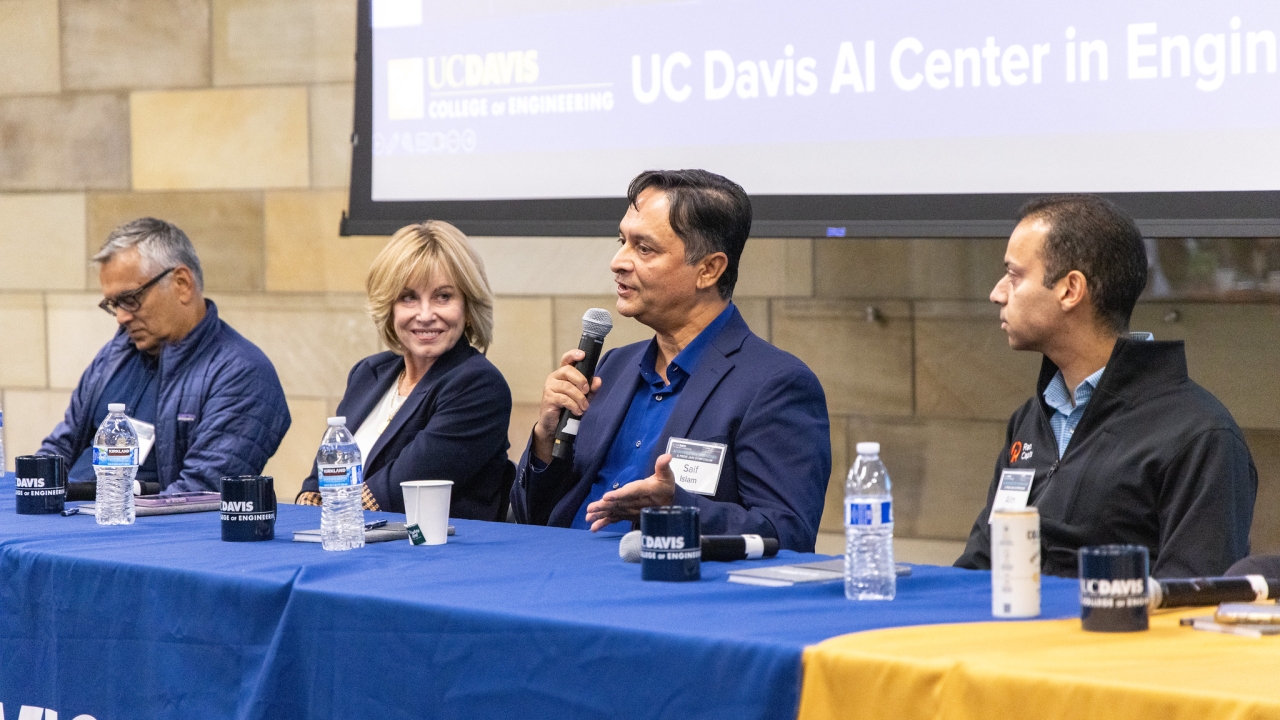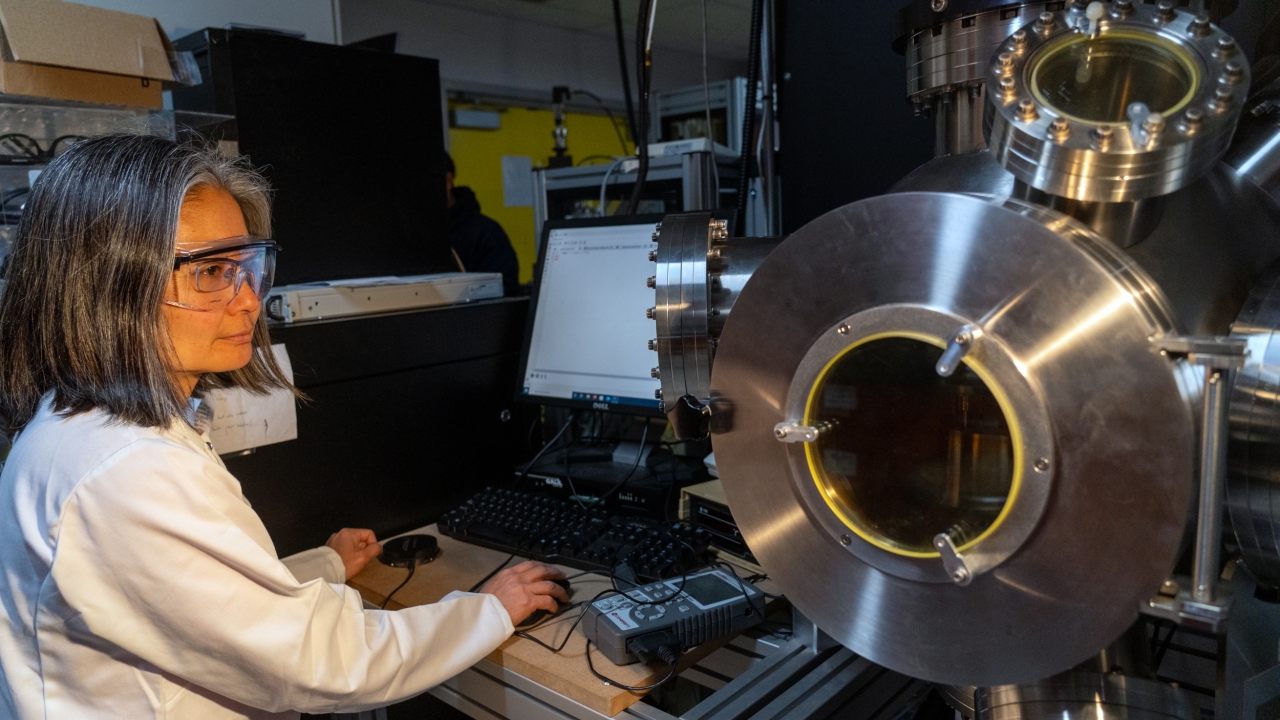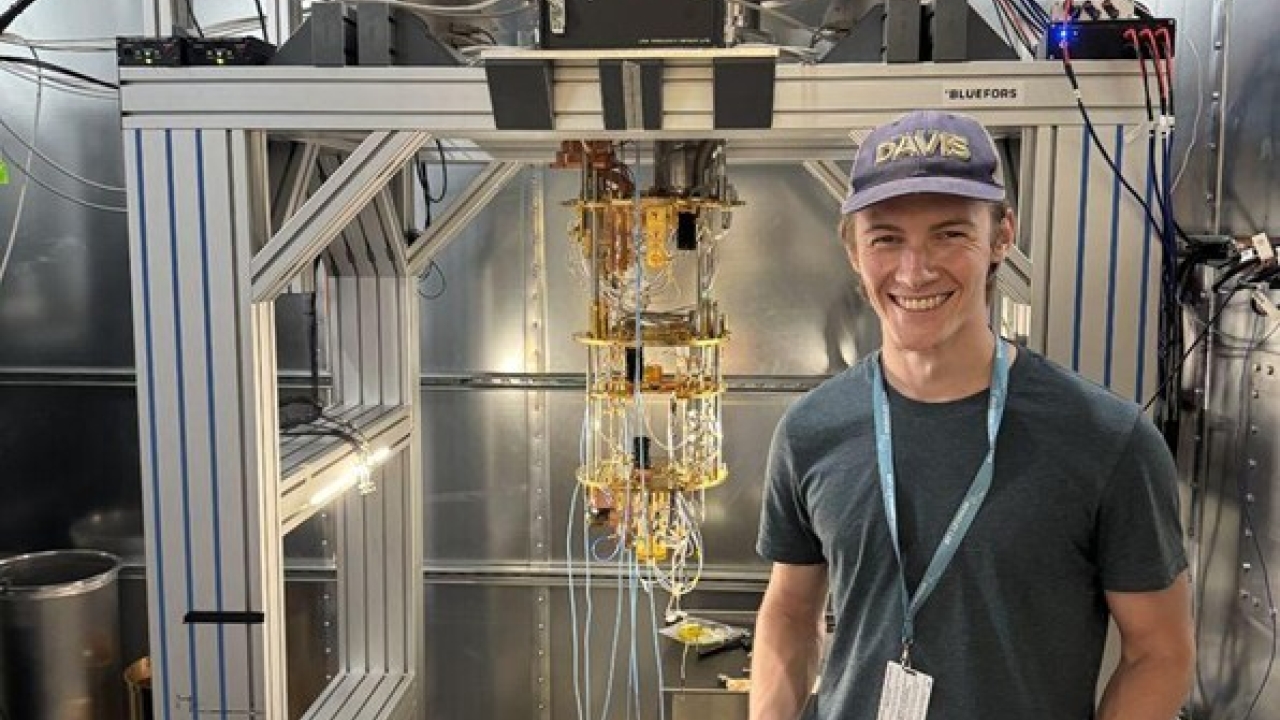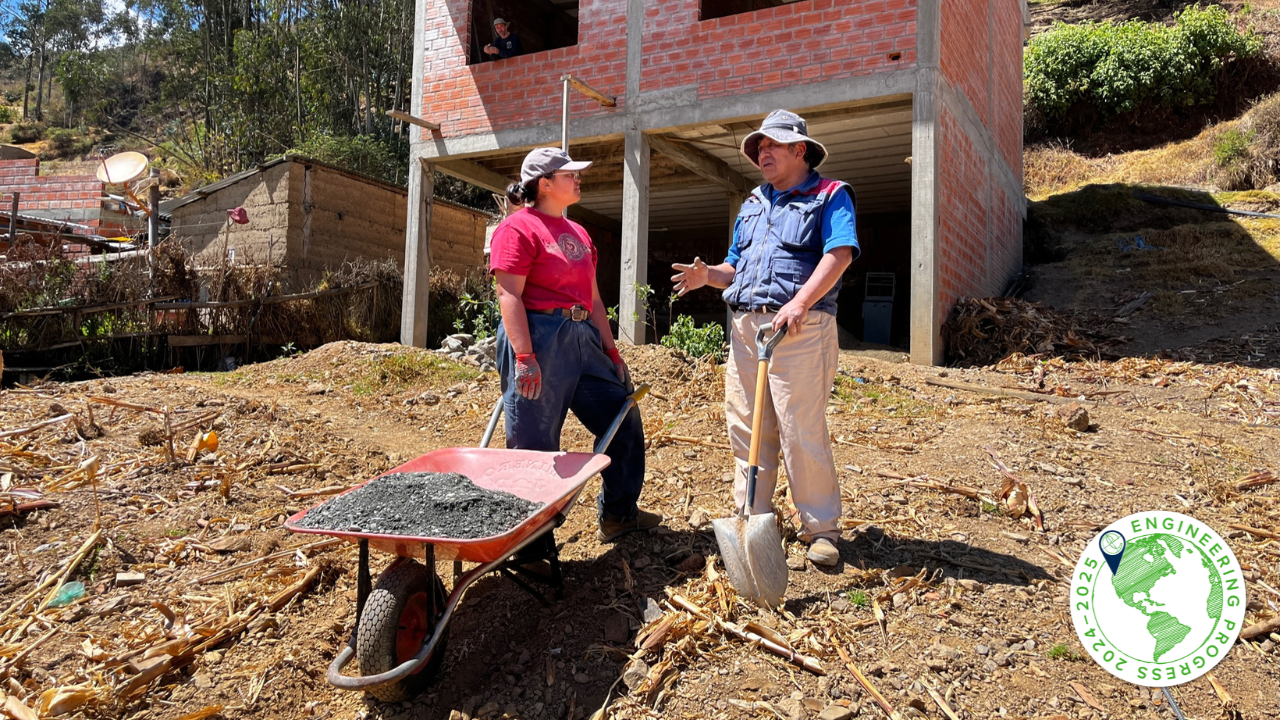
Engineers Without Borders Makes a Global Impact
In the small, hilly, 100-resident town of Parque Colani in western Bolivia, a group of students from the University of California, Davis, work to construct and repair household latrines.
The students are a part of the UC Davis chapter of Engineers Without Borders, or EWB.
A national club, EWB allows engineering students to use their skills on a global scale to help underserved communities around the world have access to infrastructure like running water and sanitation systems.
Establishing a Positive Presence
The Bolivia Project to build sustainable sanitation systems is one of the programs currently on EWB's docket. Led by Jordan Ruiz, a third-year environmental engineering major, and Curtis Lee, a fourth-year civil and environmental engineering major, the project has been going on for six years, which is a bit abnormal for an EWB project.
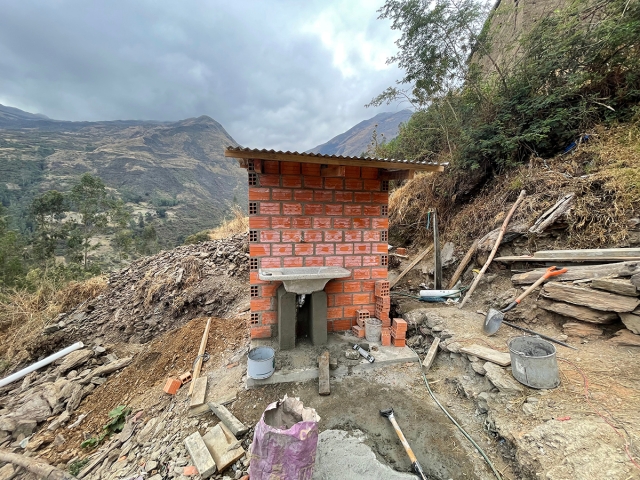
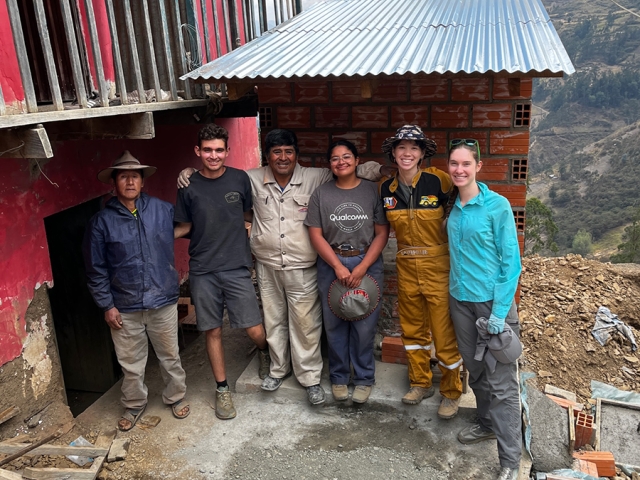
"Our project is a little different because we build at every single house instead of one designated area like most EWB projects," said Ruiz.
In the summer of 2023, Ruiz and three other students traveled to the Parque Colani community to implement their design of a latrine with a connected shower. On the trip, they reassessed their use of supplies and got feedback from residents. They discovered they were using far too much concrete and too much of the community's vital farmland. In typical EWB fashion, after making observations and receiving feedback, they redesigned their project to fit the needs of the community better.
They reduced their use of concrete to only one slab, making them use less space than the initial design that featured a waste pit and a separate superstructure that held the toilet and shower. They altered the design to have the superstructure directly over the waste pit, with a sewage pipe leading to the pit and another pipe for the shower feeding excess water outside, so it took less growing space away from the farmers.
"This is all based on community input and surveying each household or asking them what they think would be best," said Ruiz. "We are altering the design completely for this next implementation to reduce the amount of concrete we're using and the amount of land we're building on."
Getting Basic Needs to Underserved Communities
Another EWB team is hard at work in Davis to prepare for their upcoming implementation of a new water system for Saparcon Bajo, a village in northern Peru.
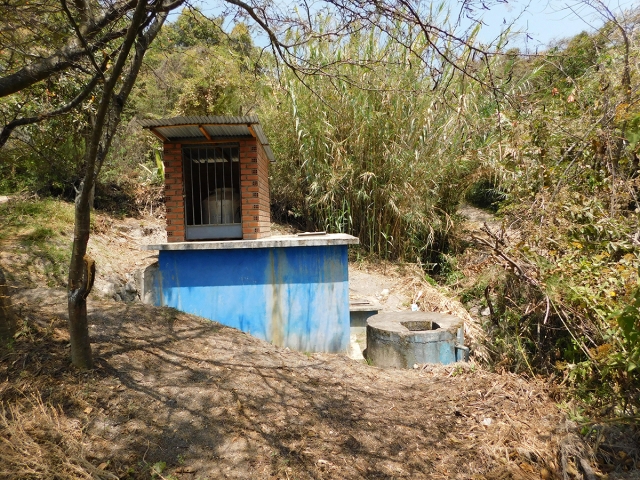
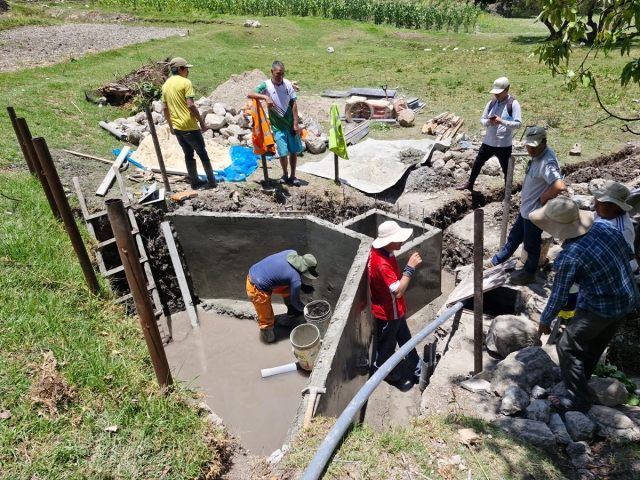
Currently, residents only get a few hours of running water a day because of cracks in the water reservoir, so they often have to go collect water themselves. The residents also have to boil the water in order to use it because the chlorination system is broken — something the team also hopes to fix.
"This reservoir we are building should hold enough water, not lose any and be able to last the community through the dry season so people will have access to running water the whole day, and not just the two to three hours they had previously," said Zachary Noah, a co-lead on the project and a fourth-year civil engineering major.
More Than Just Engineers
EWB is not only bringing engineers to underserved communities but also bringing engineers and non-engineers together.
"We want everyone, right? We say we're engineers without borders, and we do a project that's engineering-based without borders," said Ruiz, "but we also do a lot more than just that."
The group's projects are complex and require many different skill sets, not only from engineering fields but also from students with different backgrounds. Each project has a group of subteams that handle important tasks like fundraising, culture and writing, which are vital for the success of these projects.
"One of the cool things about EWB is it's not a major-specific club," said Noah. "It's not limited to specific engineering disciplines, or even just engineers in general. That's really cool to see."



